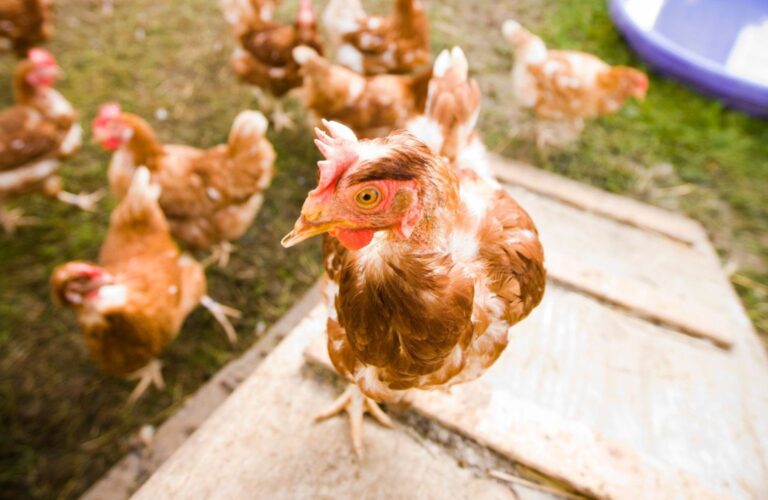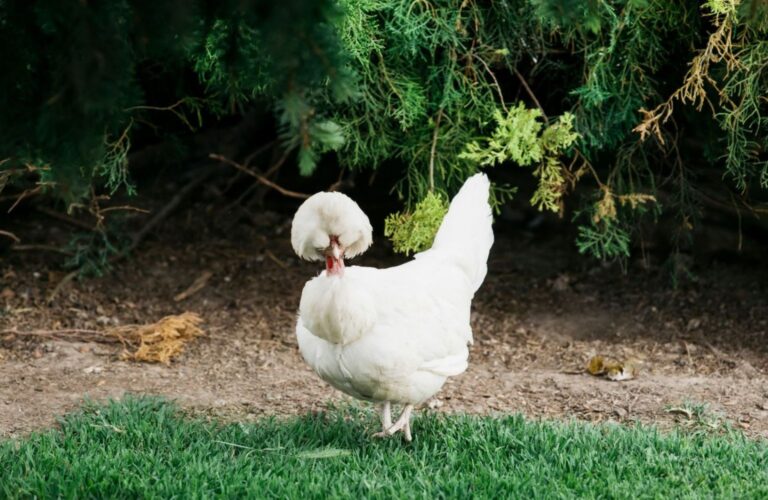
Some chicken lovers might be accustomed to simply disposing of their old chicken litter and replacing it with new and fresh material sometimes, but there are so many ways to get more life out of your bedding. Whether you use highly absorbent hemp bedding, wood shavings, or even just straw and dried leaves, a deep litter system is one of the easiest ways to keep your coop clean whilst also having boundless benefits for you and your garden.
What is a deep litter system?

A deep mulch system creates a clean and safe compost heap inside your chicken coop or run. This is done by leaving a thick layer of bedding in the coop or run and adding more bedding on top once the initial layer decomposes. This essentially creates a system in which the old bedding dissolves and enriches the soil, in turn saving you the money and hassle of having to buy and replace the bedding regularly. Some poultry enthusiasts proudly describe it as the “good old fashioned” approach to using chicken bedding. In many ways, a deep litter system is more sustainable, easy to maintain, and cost-effective in comparison to many other approaches to using animal bedding.
How does a deep litter system work?

As mentioned previously, the deep litter system works on the formula of adding more matter to the top layer so that the coop remains clean while the bottom layers begin to break down and nourish the soil beneath. This process tends to work as the chickens scratch, pick, and peck at the bedding beneath them, which in turn mixes the material through, promoting aeration, and consequentially, the material develops harmless and healthy parasites that feed on the chicken manure and bedding.
What are the benefits of a deep litter system?

Parasites, chicken manure, decomposition, old bedding – creating a deep litter system doesn’t sound nice but let me reassure you that the benefits are many, and it won’t diminish the cleanliness of your backyard.
Neutral Odor
Strange though it may sound, a deep litter system diminishes any “fowl” smells when caring for chickens. This is because chickens normally scratch and mix old and new bedding while the parasites feed on the chicken manure. This helps eliminate any nasty smells.
Easy to Maintain
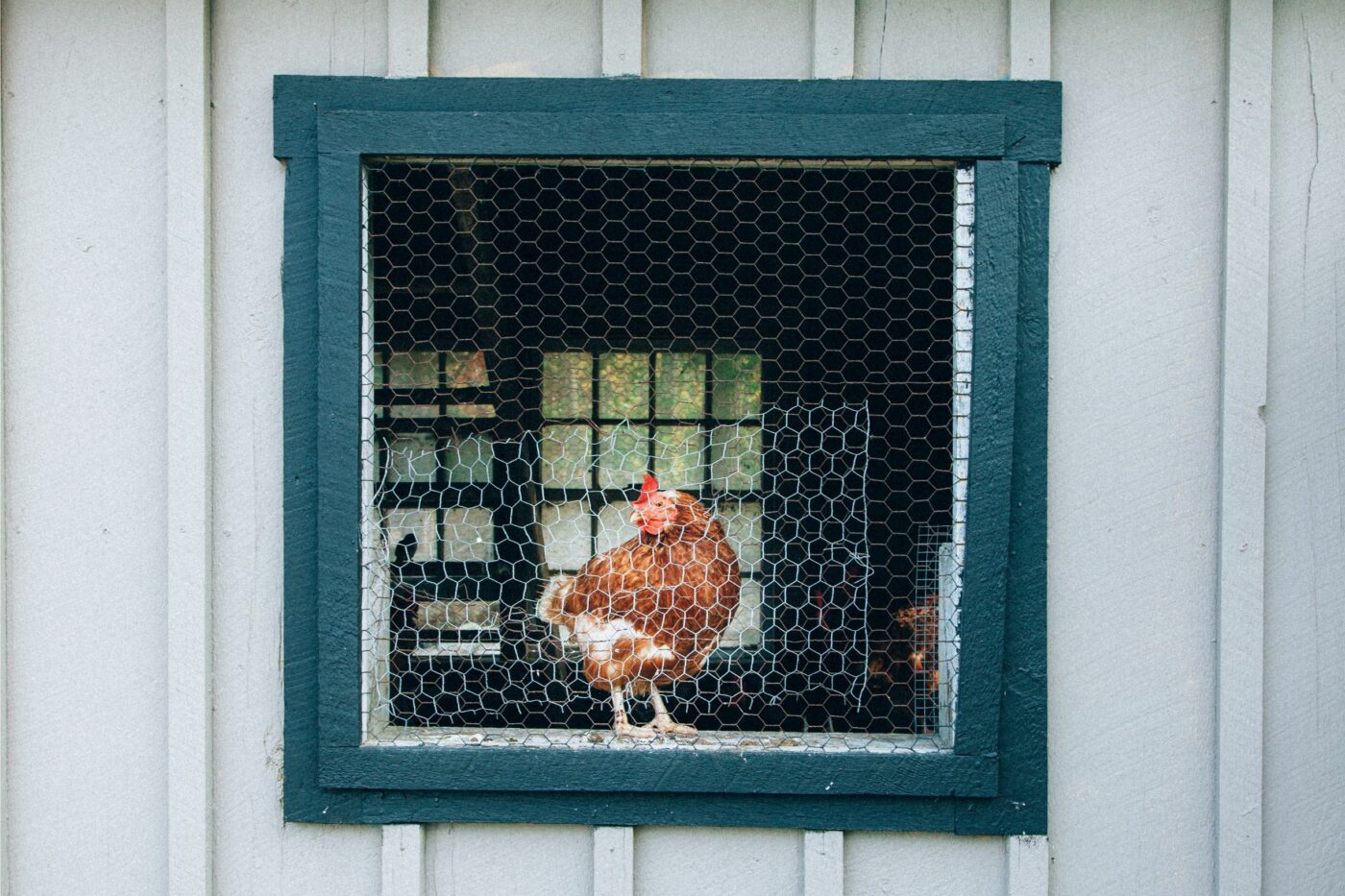
The irony about the deep litter system is that it is one of the cleanest ways to care for your chicks, but it hardly involves any cleaning. Sometimes chickens will naturally scratch and mix the materials through. However, if it looks as though too much manure or old bedding is collecting at the top, simply mix it through with a rake, shovel, or whatever other large mixing implement you can find. Be sure to break down only large clumps that may form, as it inhibits air traveling through the deep litter system, which is vital to its success.
Kills flies and mosquitoes
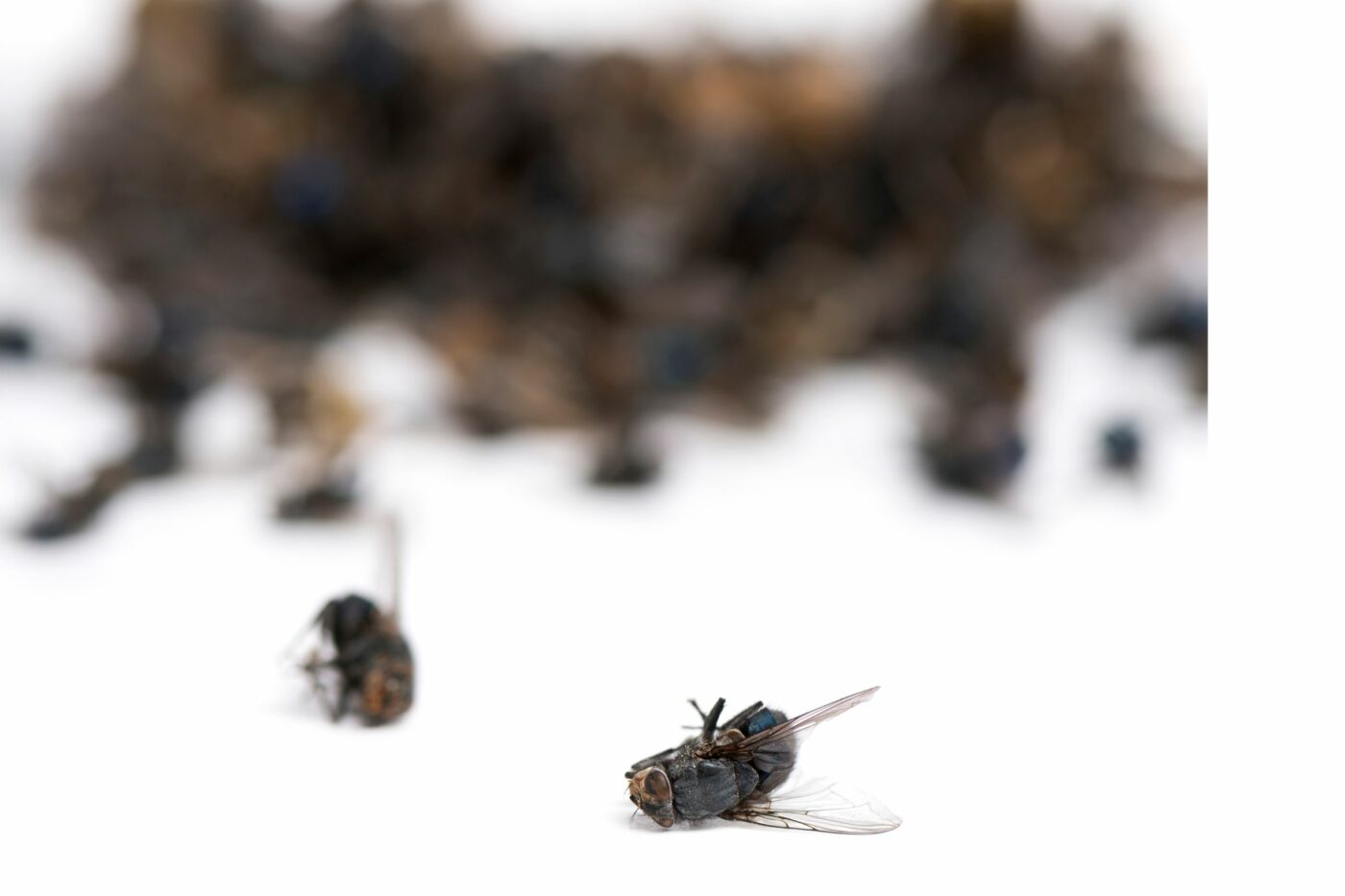
Another surprise is that a deep litter system will help eradicate flies and mosquitoes inside the coop. Once again, the parasites fostered in the deepest layers of this bedding system will devour any fly or mosquito larvae before they even form.
Chickens will love it
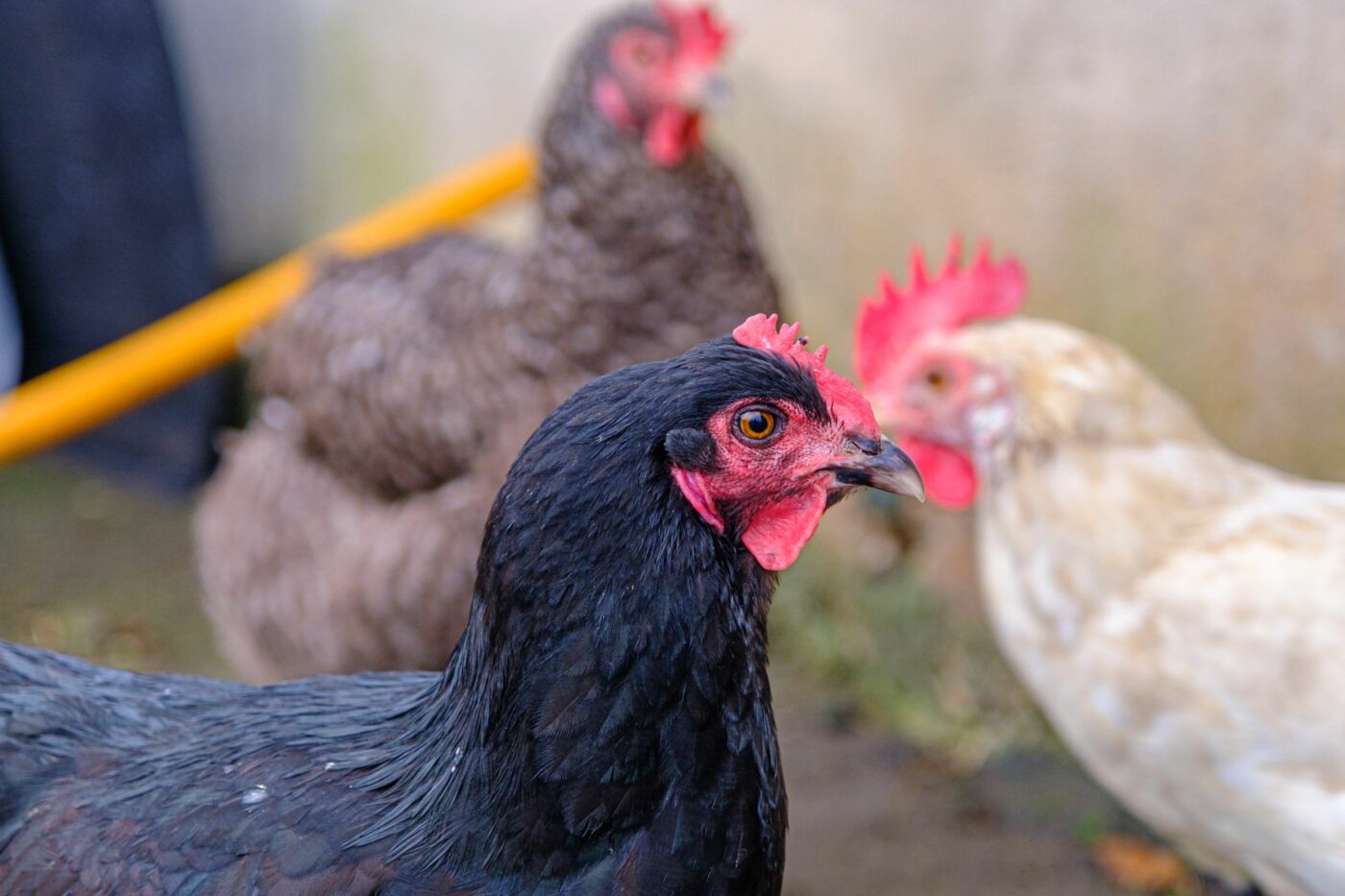
As many chicken lovers know, chickens love to scratch and peck at the ground with their beaks and their nails – it’s the perfect way to relieve stress and boredom in between a life of busy egg laying and chicken feed eating. If you’ve had problems with feather picking, pecking order disputes, or any other destructive chicken behavior, a deep litter system might be the perfect solution.
Fantastic for the Garden
In many ways, a deep litter system is like a compost bin inside your chicken coop, and it’s important not to forget all the wonders healthy compost does for your garden. Many people will eventually disperse the beautiful, rich, and nutritious compost they’ve created through the deep litter system into their gardens to give their fruits, vegetables, and flowers a powerful boost.
Though there are surely more reasons to fall head over heels in love with your deep litter system, ultimately, it will help eliminate flies and odors and save you time and money whilst also creating first-rate compost, not to mention that your feathery friends will love it!
How to Start a Deep Litter System?
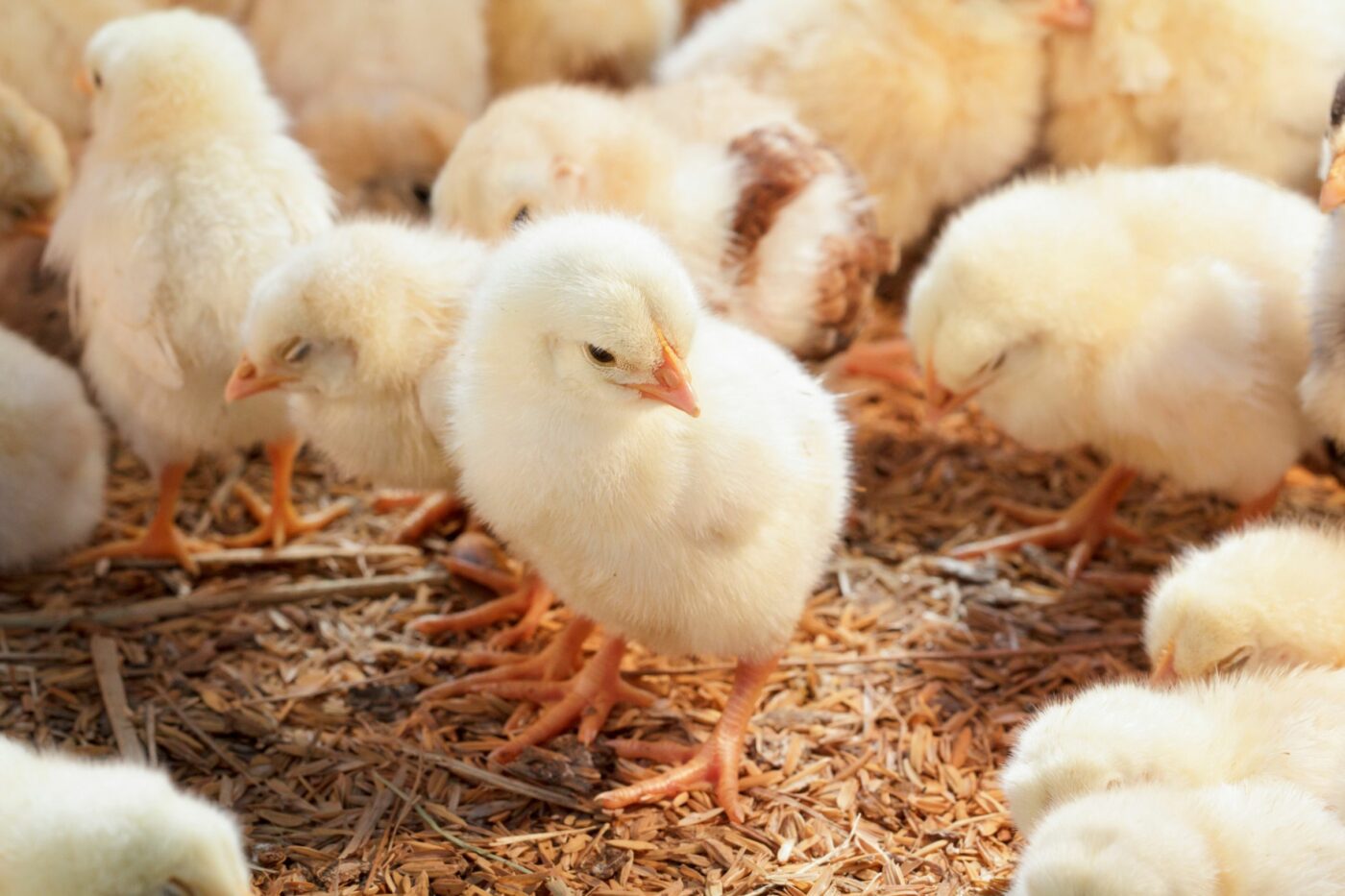
Starting a deep litter system is incredibly easy. Firstly you will need to select a type of animal bedding – hemp bedding is a particularly good choice due to its high absorbency. Then simply create a thick layer of bedding inside the coop or run at least 10-12 cm deep. The wisdom is – the deeper, the better. So if you have the space or the mulch available, don’t be afraid of adding “too much”.
Also, some chicken lovers draw a little mark on the inside of the coop to indicate how much bedding they should have in there at any given time. Naturally, the bedding will develop parasites and begin to dissolve. However, all you will need to do is simply add more bedding as time goes by.
How to Maintain a Deep Litter System?
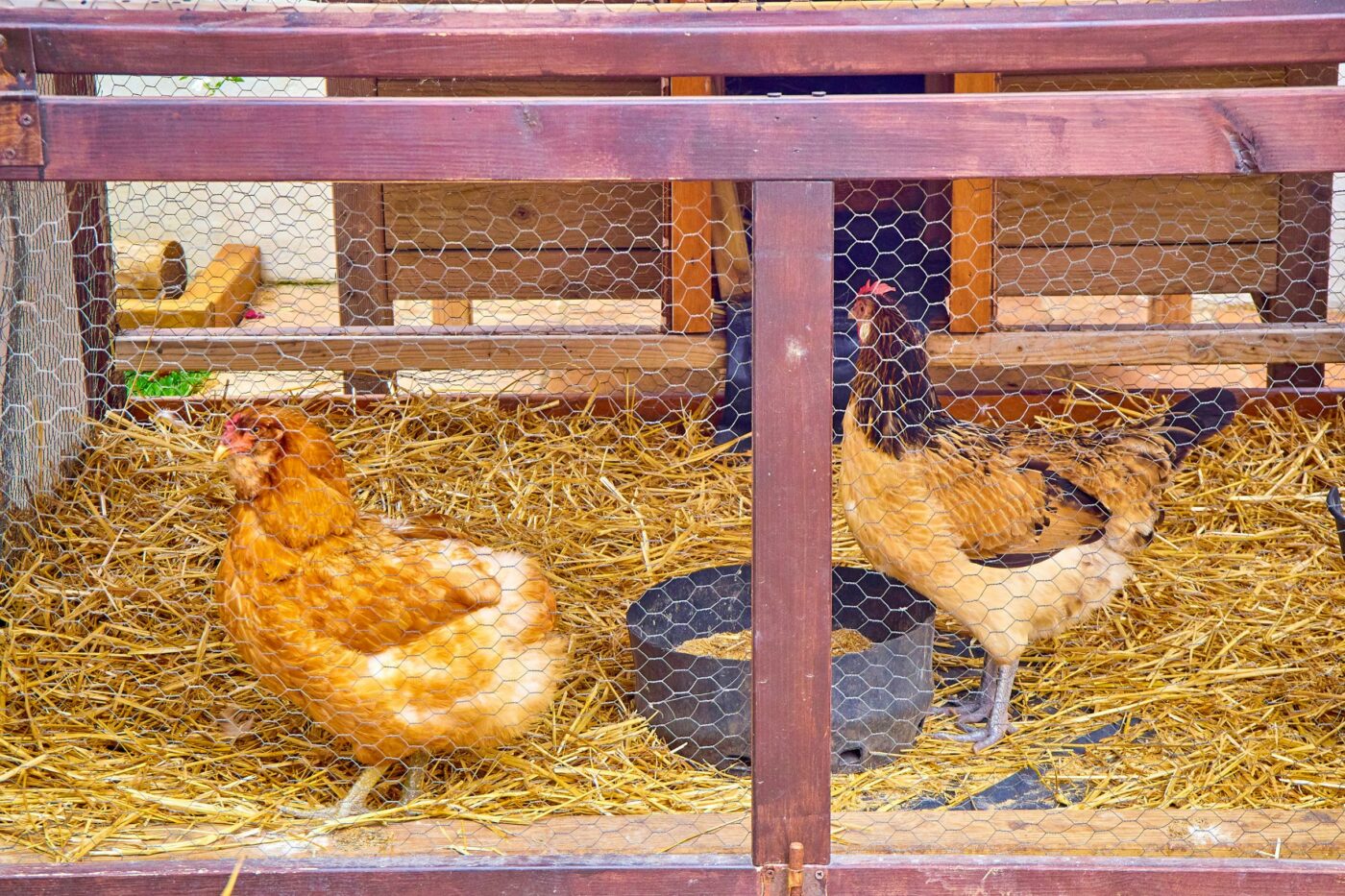
Keeping a deep litter system is pretty simple stuff and does not demand very much manpower at all. Here is a list of some basic tasks when tending to your deep litter system.
- Stir the bedding through with a rake or shovel, breaking down any large clumps that may form.
- Add more bedding when necessary – don’t be afraid to add different types of bedding when they become available to you, like hemp bedding, wood shavings, or even grass clippings.
- Some enthusiasts scatter treats, like cracked corn, over the top layer of the bedding, which encourages the chickens to scratch and peck at the surface, consequentially mixing the litter through.
- Every six months to a year, clean out the chicken coop and move it into the compost or garden. It’s a smart idea to leave a small amount of chicken litter at the bottom of the coop, as it will still contain hungry parasites that will quickly spread when you add the next layer of chicken bedding for the year ahead.
Though the deep litter system is very easy to maintain, you must remain vigilant and mindful of signs that may indicate it’s not working as it should.
What do I need to avoid with a deep litter system?
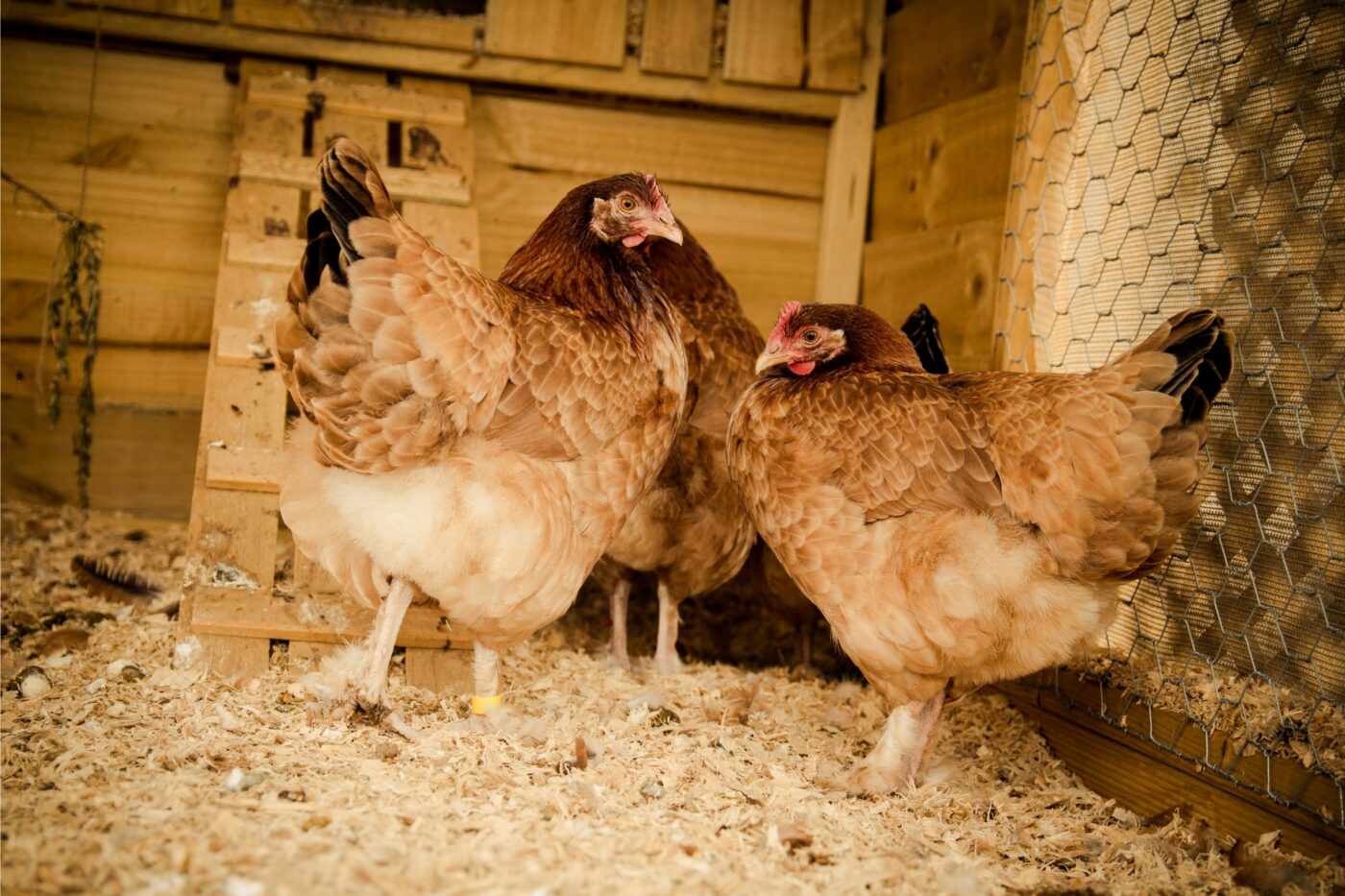
Generally speaking, one of the key signs that the deep litter system might not be working is any kind of strong odor. The wisdom is that if the coop smells a little on the pungent side, then in all likelihood, manure is building up and not being consumed by the parasites. In this case, you will need to go back to the drawing board and alter the basics, ensuring that the bedding you are using is appropriate and that you’ve added enough to the coop. Some other things to be mindful of are…
- Avoid any kind of insecticide, like diatomaceous earth, which will inadvertently kill all the precious parasites that you need to eat the manure.
- There are some contrary opinions in terms of how a deep litter system holds up in wet weather – some believe it’s perfectly fine, whereas others feel as though it causes problems. Ultimately, tread on the side of caution when it comes to water. A small amount of water is generally fine and shouldn’t cause too much concern, but if your coop or run is exposed to a lot of tropical storms, it might be a good idea to water guard your coop, not just for your deep litter system, but your chickens as well.
- Always ensure that the manure is being mixed into the bedding. Otherwise, the excess droppings will cause problems with the health of your flock.
In terms of all these problems, the strong stench of manure will be a key indicator if the balance isn’t quite right in your deep litter system. Remember the basic principle- a healthy deep litter system shouldn’t smell.
Starting a deep litter system in your coop is one of the simplest ways to get the most out of your chicken bedding. This system will not only save time and money in the long run, but it’s always the perfect way to keep your flock entertained, as well as providing a powerful boost to the health of your garden. It’s important to have a great quality coop if you’re planning on creating a deep litter system, so be sure to check out our range of chicken coops, which include the Taj Mahal, Penthouse, and Mansion – all of which have spacious nesting boxes that are perfect to help create a deep litter system.
From litter systems to chicken runs, there are so many things to consider when becoming a chicken parent, and we all want to do an egg-cellent job when caring for our feathered friends. Many chicken keepers struggle to handle chicken health or behavior issues, especially in the first few years of having a flock.


